Le Bureau de le Resistance has needed to take its operations underground.
The Stream will experience a hiatus of unknown duration.
Respect to all agents of the liberation.
Stay tuned & Peace Out.
Le Bureau de le Resistance has needed to take its operations underground.
The Stream will experience a hiatus of unknown duration.
Respect to all agents of the liberation.
Stay tuned & Peace Out.
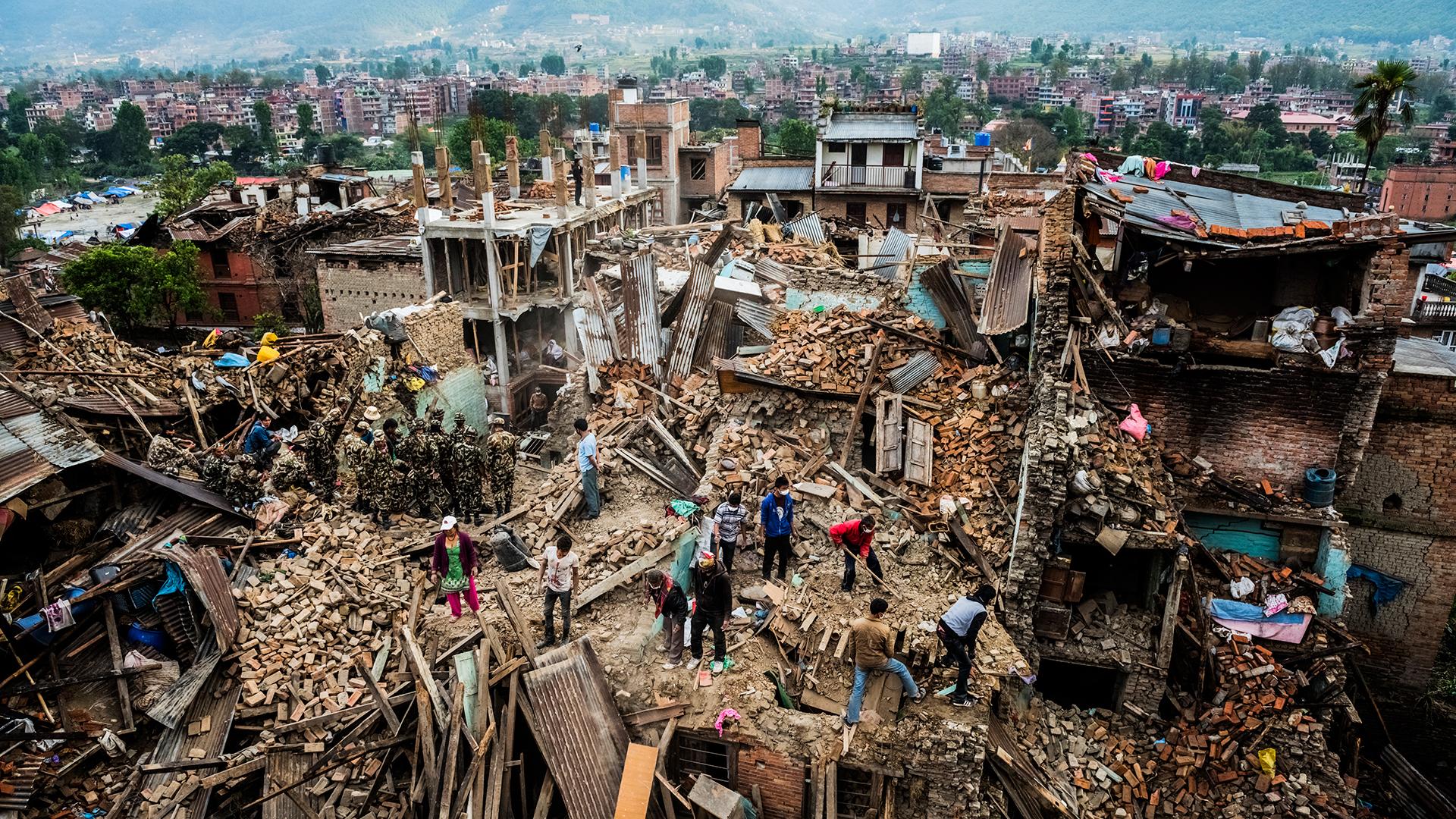 When a place is hit by a natural (or manmade) disaster, who gets out or gets taken care of and who gets left behind or has to fend for themselves? Perhaps unsurprisingly, the answer often has something to do with who has money.
When a place is hit by a natural (or manmade) disaster, who gets out or gets taken care of and who gets left behind or has to fend for themselves? Perhaps unsurprisingly, the answer often has something to do with who has money.
This article by Abe Streep explores the adrenalinised mission and ethical edges of Global Rescue, a subscription service for global adventurers who can pay for access to a fast exit in case of need. The story relates intense and uncomfortable events in the aftermath of the recent earthquake in Nepal, and offers both a microcosm and a metaphor of how global capitalism structures access to resources. It also offers an interesting glimmer of humanity in concluding with how the GR operative in Kathmandu subsequently left to set-up no-cost non-profit healthcare in Africa. Read the article >>
.
The long-running tragic epic of Greece’s slide towards economic ruin and social breakdown is into its latest cyclical act. Commentators from across the traditional right-left political spectrum have described the Eurogroup deal forced on the Greeks as a ‘coup’ and ‘impossible’, but somehow the seemingly inevitable Grexit has been pushed back once again.
This interview with Greece’s radical (and now out of office) finance minister gives an insightful window into the secretive power dynamics at the heart of the Eurozone and international financial projects.
Read the transcript >>
.
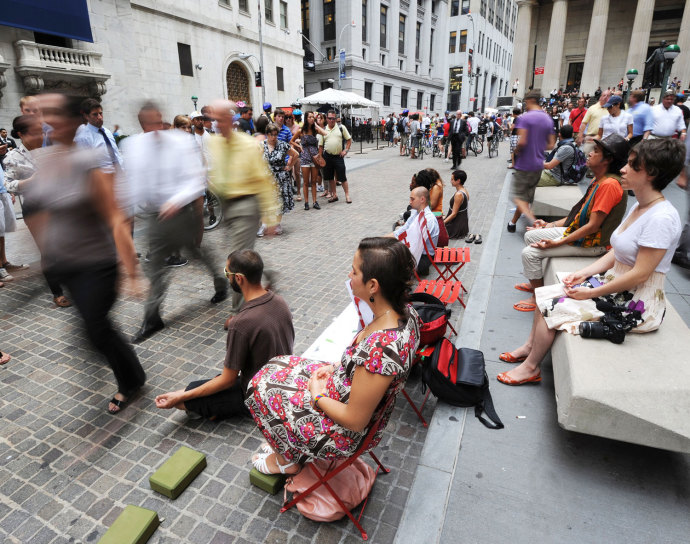 Buddhist meditation is rooted in the principle of cultivating non-attachment. But in recent years corporate culture has been adapting and assimilating the principles of mindfulness to use as mental tools to increase productivity. Michelle Goldberg explores the meeting of American capitalism and Eastern spirituality.
Buddhist meditation is rooted in the principle of cultivating non-attachment. But in recent years corporate culture has been adapting and assimilating the principles of mindfulness to use as mental tools to increase productivity. Michelle Goldberg explores the meeting of American capitalism and Eastern spirituality.
[Photograph by Stan Honda]
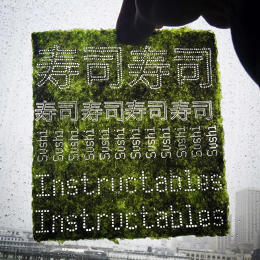 In past centuries, fortunate artists found patrons in the aristocracy or the church who would support their work. In the 20th century, art institutions and foundations stepped into this role with residency programs funded either by wealthy donors or by public donations. More recently, a new variety of artist-in-residence program has emerged, this time sponsored by big companies.
In past centuries, fortunate artists found patrons in the aristocracy or the church who would support their work. In the 20th century, art institutions and foundations stepped into this role with residency programs funded either by wealthy donors or by public donations. More recently, a new variety of artist-in-residence program has emerged, this time sponsored by big companies.
The software company Autodesk invites artists to spend up to six months working in their facilities, giving them a stipend and funds for their materials and using their work to support development. Amtrak gives writers-in-residence a free ride on their trains without any contractual obligation. In contrast, Facebook has its own quasi-secret artist-in-residence program which pays to create – and own – artwork that adorn the walls of its buildings.
Elizabeth Segran describes these evolving opportunities for artists, with a hovering question around what is really motivating companies to do this and what they expect in return for their sponsorship. Welcome to the brave new world of the corporate-sponsored artist…
Read more >>
[Image from the Salmon Skin LED light project]
Speaking in the late 1980s, Noam Chomsky offers a still highly-relevant and succint breakdown of the reality of democracy as practiced, or engineered, in most western liberal states.
The people of the United Kingdom today have the opportunity to vote for their next government. Some have suggested this election has precipitated further descent into apathy and cynicism and will confirm the end of the long-standing British two-party system of representative democracy.
A few postcards from beyond the polling booths…
George Monbiot makes a sharp critique of the political situation in Britain, arguing that the serious issues which really need addressing seem to be subject to a code of silence by most of the parties, in a kind of unspoken systemic complicity.
Photographer Denise Felkin went to meet some of the human beings behind the statistic that over a third of the registered electorate don’t vote. Her portrait series “I’m not voting because…” explores the social and political context for high abstention.
Attempting to mobilise these silent masses, the Vote or Vote None campaign encourages people to use their ballot paper to state that none of the candidates meet their approval. arguing that that this is the route to galvanising and renewing the political system.
A more tactile approach is taken by Samantha Moyo who urges all parties to Turn Up and Hold Hands – asking “Which politician is using the word love? Which politician is spending time in non-formal attire with the communities they wish to represent? Which politician is owning up to their mistakes?”
Meanwhile, Rupert Murdoch’s media minions appropriate the spirit of Marvin Gaye and Cassetteboy to jump on the election hype bandwagon… (to good effect, although we wouldn’t recommend believing; click play to view)
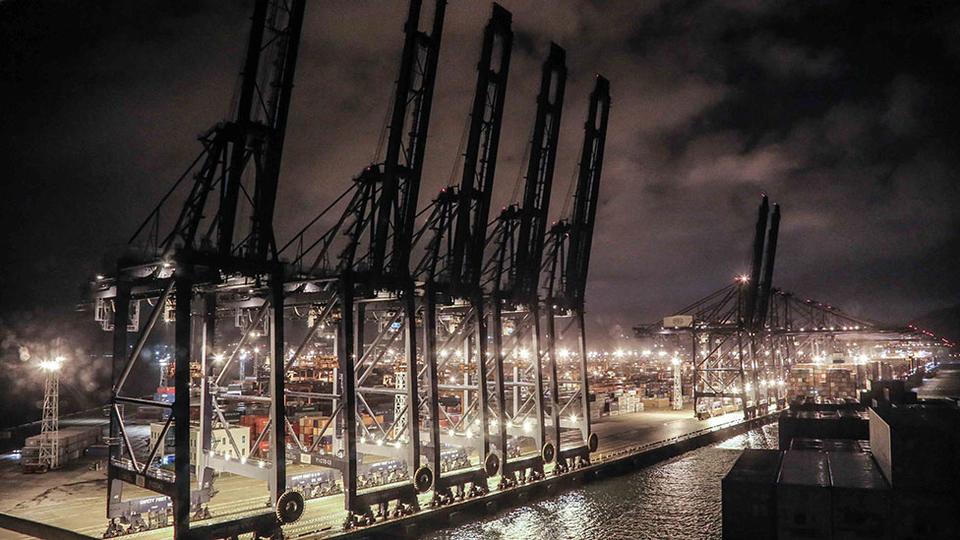 The inter-connected systems of global civilisation are now so vast and complex that we, as in we of the developed and growing western world, have no real idea what goes into making our consumption-based lifestyles possible.
The inter-connected systems of global civilisation are now so vast and complex that we, as in we of the developed and growing western world, have no real idea what goes into making our consumption-based lifestyles possible.
Tim Maughan and Unknown Fields took a journey into the ‘invisible network that keeps the world running’ and then kept going until they reached the place where the dream of technological liberation has brought a dystopian nightmare.
Click on the links above to read the articles and view slideshows, and watch the film here >>
Thought-provoking images of the direct and incidental effects of global overpopulation & overconsumption. Curated as part of The Guardian’s climate change awareness campaign.
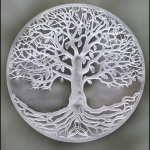 “The people who are ditching their Kindles and savoring books as physical objects, brewing their own beer and resurrecting other old arts and crafts, reformatting their lives in the modes of a past decade, or spending their spare time reconnecting with the customs and technologies of an earlier time — these people aren’t doing any of those things out of some passion for self-denial. They’re doing them because these things bring them delights that the shoddy mass-produced lifestyles of the consumer economy can’t match.”
“The people who are ditching their Kindles and savoring books as physical objects, brewing their own beer and resurrecting other old arts and crafts, reformatting their lives in the modes of a past decade, or spending their spare time reconnecting with the customs and technologies of an earlier time — these people aren’t doing any of those things out of some passion for self-denial. They’re doing them because these things bring them delights that the shoddy mass-produced lifestyles of the consumer economy can’t match.”
For John Michael Greer, blogger, commentator on the disintegration of civilisation and Grand Archdruid of the Ancient Order of Druids in America, the way forward is not a ‘Butlerian jihad’ (a reference to the revolt against technology in Frank Herbert’s Dune) – but a Butlerian Carnival.
He argues we need a sensuous celebration of the living world, outside the cubicle farms and the glass screens, drawing raw materials from eras, technologies, and customs of the past which don’t require the extravagant energy and resource inputs that the modern consumer economy demands. Such a carnival way of life will be better suited to a future defined by scarce energy and resources… Read his full essay here >>>
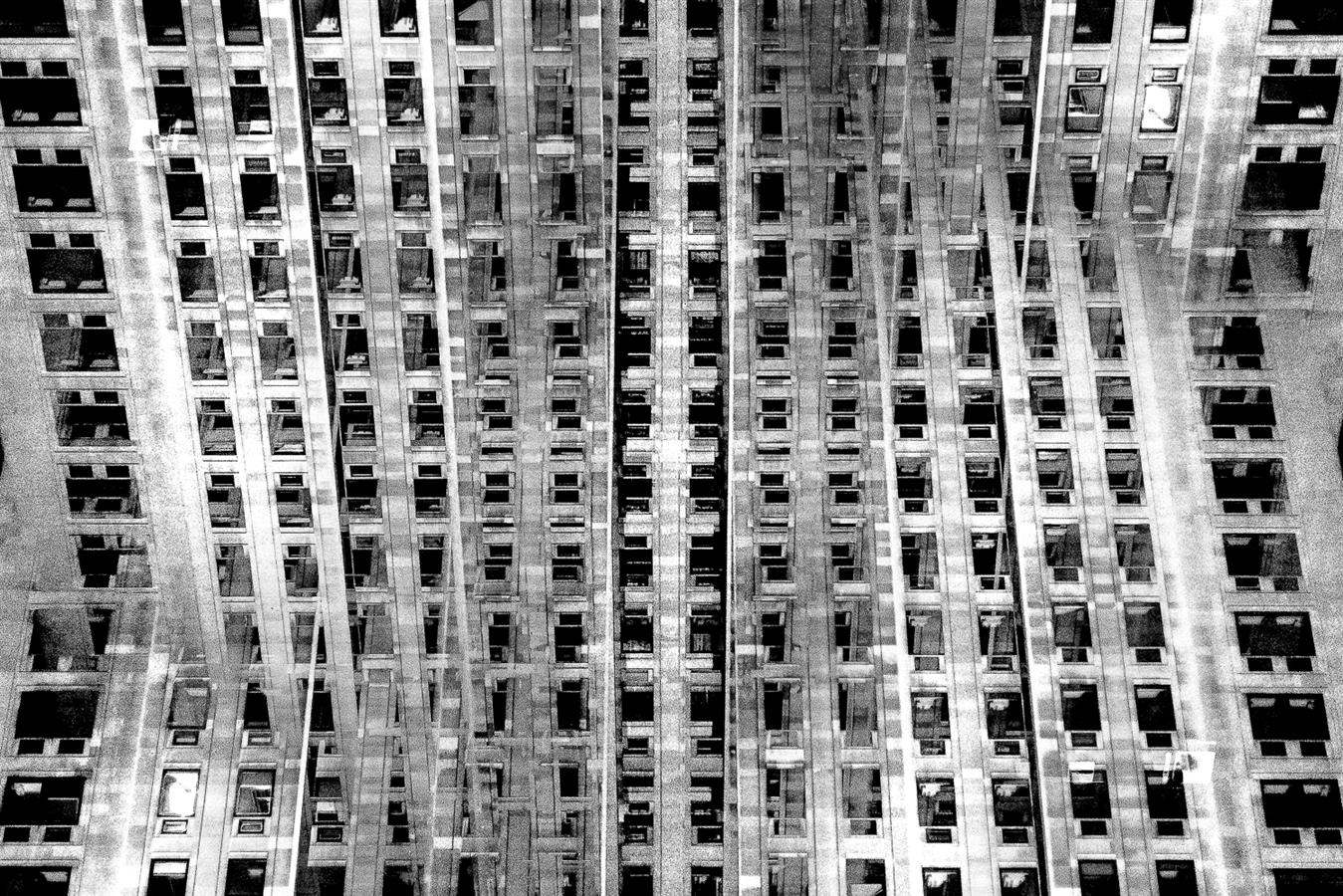 Lewis Bush uses photography to explore how capitalism applies the principle of ‘Stacking’ across contexts, from supermarket shelving to wealth-focused housing and the new architecture boom in the City of London.
Lewis Bush uses photography to explore how capitalism applies the principle of ‘Stacking’ across contexts, from supermarket shelving to wealth-focused housing and the new architecture boom in the City of London.
View the images >>
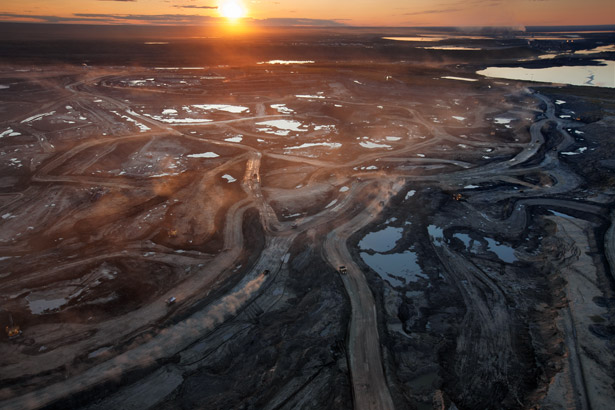 Deep ecologist, writer and radical activist Derrick Jensen reflects on the relationships between human beings and the natural world, weaving through diverse topics whilst exploring how and why western civilisation has come to decimate the earth’s eco-systems.
Deep ecologist, writer and radical activist Derrick Jensen reflects on the relationships between human beings and the natural world, weaving through diverse topics whilst exploring how and why western civilisation has come to decimate the earth’s eco-systems.
Part 1 of the interview explores ‘How the West Has Won’
while part 2 asks What Do You Think Is Worth Fighting For?
Click here to read Jensen’s classic essay on transcending hope for change and moving into action, Beyond Hope >>
[Photograph by Peter Essick]
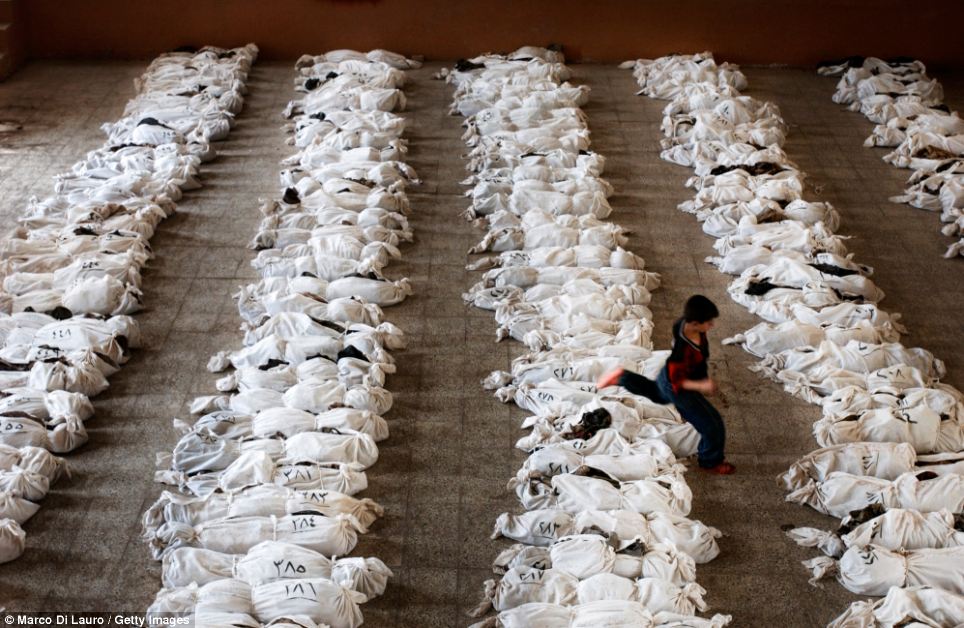 The wheel of unceasing war has come full circle in Iraq with the United States Air Force bombing Islamic State targets in Tikrit, twelve blood-soaked years since first doing so during the 2003 invasion.
The wheel of unceasing war has come full circle in Iraq with the United States Air Force bombing Islamic State targets in Tikrit, twelve blood-soaked years since first doing so during the 2003 invasion.
Meanwhile, a report, entitled ‘Body Count’ has been published estimating that the casualties of conflict in Iraq during this time comes to ‘over a million people’.
The populations of the USA, UK and other western actors in the war are for the most part insulated from this horrific reality. The authors of the report argue that more widespread public understanding is the essential pre-requisite to policy change. For those willing to be informed, watch this Democracy Now report >>
(note this clip features some distressing footage rolling while the voices speak)
[Photograph by Marco Di Lauro]
It took several years for the issue of global climate change to translate from fringe environmentalist concern into collective mainstream consciousness. But the shift from knowledge to effective response has so far been tentative and often abortive, despite a steady diet of worrying data and horrifying projections from climate scientists. This sobering map shows the projected impact of tipping-point effects on cities around the globe (read more here)
The scale of the problem, the well co-ordinated obstruction by vested interests (the pseudo-scientific climate-change denial movement seems to be funded in various ways by the right-wing business lobby) – and the overwhelming difficulty of responding collectively to a global issue all throw up question marks as to whether humanity can rise to the challenge.
Another wave of movement is needed – and may be emerging. This article suggests some in influential positions are putting their energies into the climate change response.
Read more >>
.
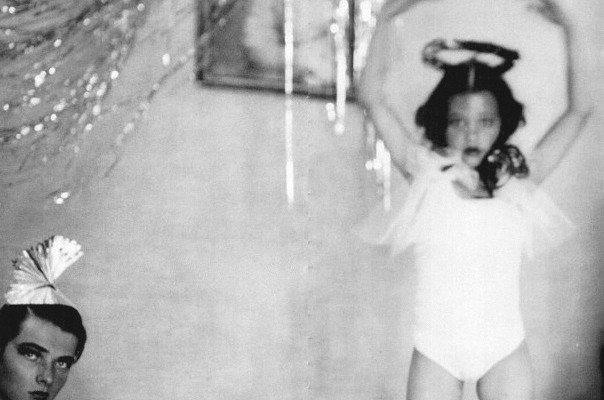 The intriguingly-titled Institute for Precarious Consciousness offers a succinct resumé of the evolution of Capitalism’s ‘dominant affects’ and the corresponding changing responses by resistance movements. The Institute’s proposed tactical 1-2-3 for responding to the current affect of all-pervading anxiety seems helpful… Read more >>
The intriguingly-titled Institute for Precarious Consciousness offers a succinct resumé of the evolution of Capitalism’s ‘dominant affects’ and the corresponding changing responses by resistance movements. The Institute’s proposed tactical 1-2-3 for responding to the current affect of all-pervading anxiety seems helpful… Read more >>
[Photographer unknown.]
[Dispatch posted by the Bureau for Agent Penfold in the field.]
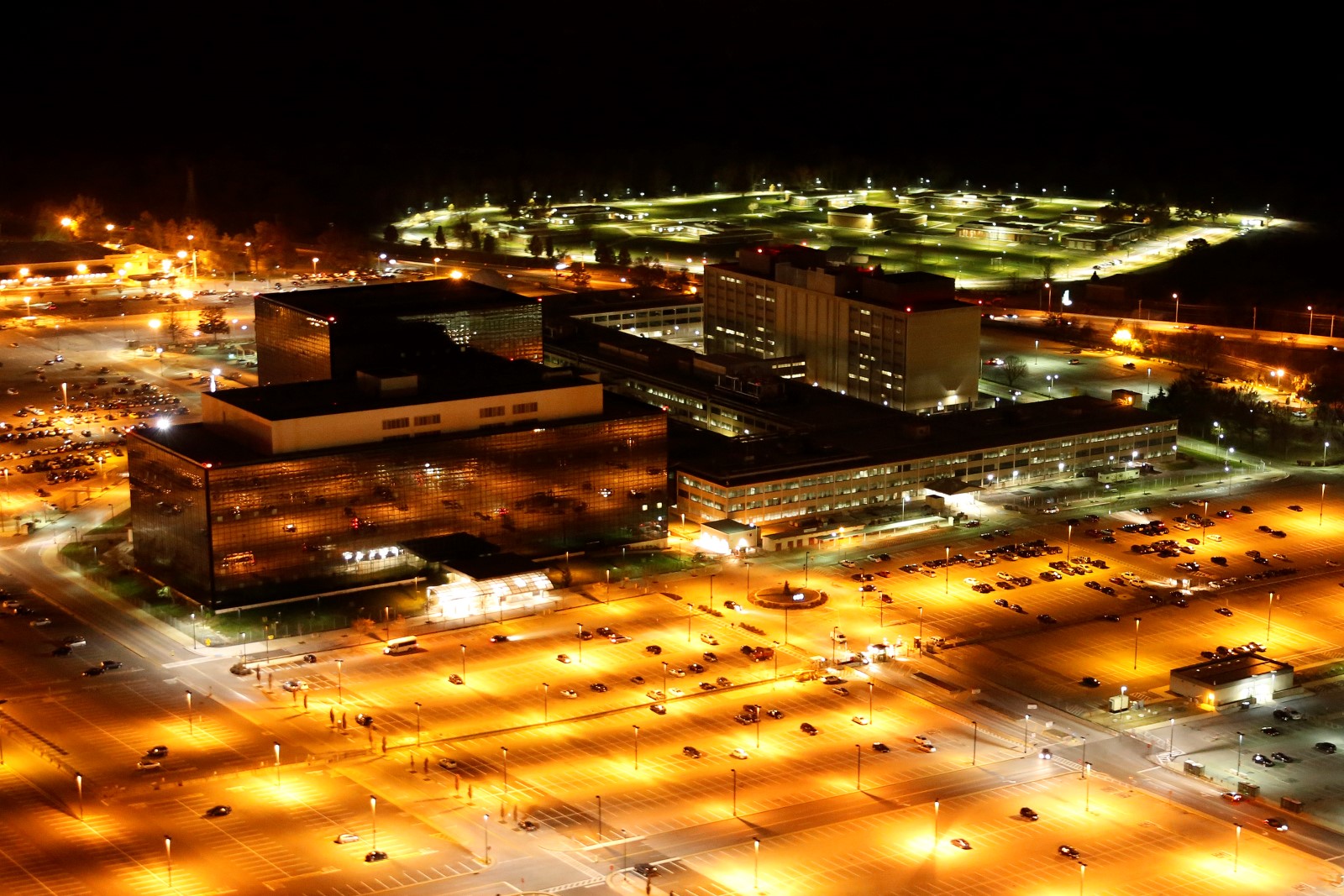 Surveillance and the 21st-century technologies of state power are elusive subjects to illustrate…
Surveillance and the 21st-century technologies of state power are elusive subjects to illustrate…
Trevor Paglen‘s images portray the operation centres of the NSA and other government agencies, creating luminous metaphors of the web of control. See more >>
.
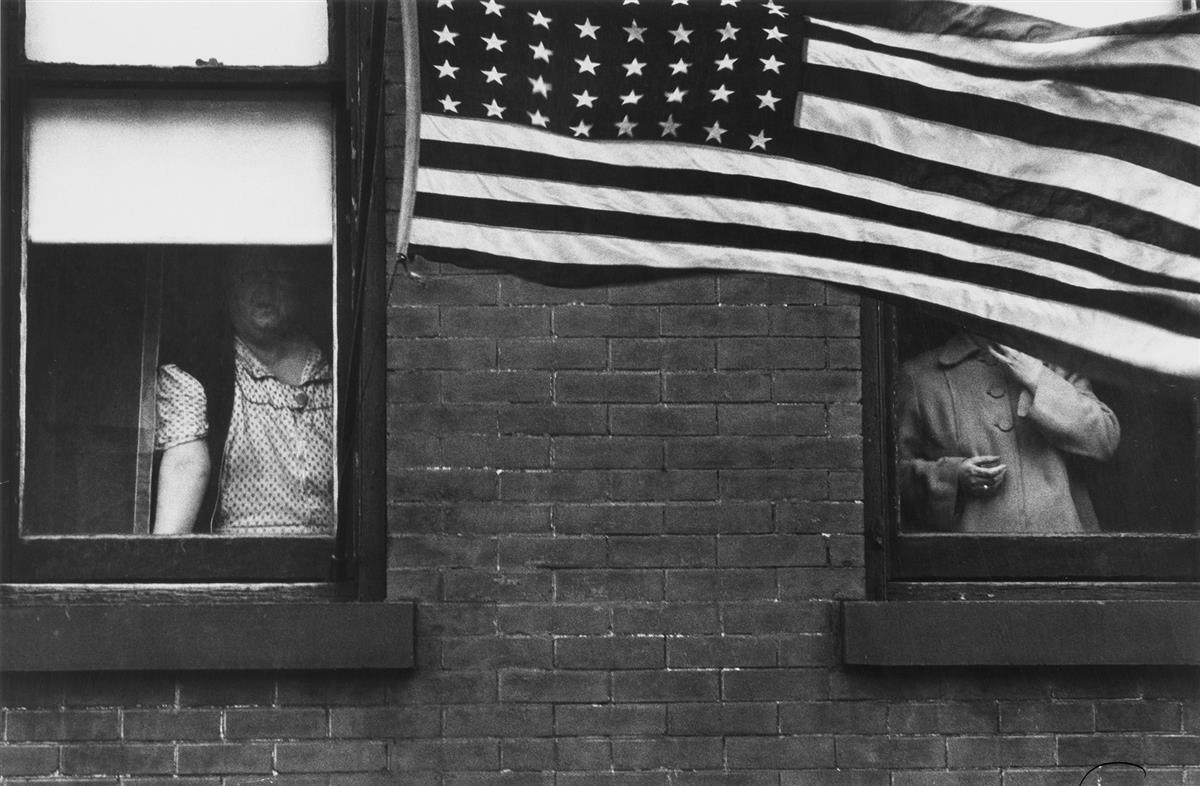 Robert Frank’s classic book The Americans was a seminal piece of work in a variety of ways.
Robert Frank’s classic book The Americans was a seminal piece of work in a variety of ways.
In this essay, George Cotkin explores how Frank’s photographic expression was fundamentally aligned with the literary vision of Beat writers (Kerouac, Ginsberg, Burroughs et al) and their “sustained critique of the barrenness of American culture,” overlapping with “a vision of renewal and rebirth”.
As part of his thesis, Cotkin suggests that Frank saw and portrayed Black Americans in the Fifties as living an embodied form of existential freedom that far surpassed the experience of the theoretically freer White American “walking dead”…
 It takes a long time for the privileged to become aware of their own privileges. For others around them it tends to be obvious what’s going on.
It takes a long time for the privileged to become aware of their own privileges. For others around them it tends to be obvious what’s going on.
This incisive piece by Matt Zoller Seitz is searingly honest about the realities of being white in America (and probably most other WASP democracies), and how society is structured to maintain racially-based privilege.
Read the article >>
.
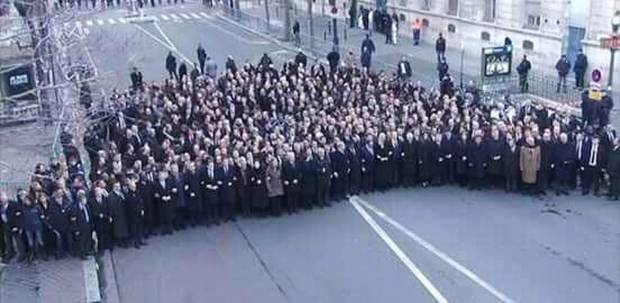 Charlie Hebdo offices, Paris, 7th January 2015.
Charlie Hebdo offices, Paris, 7th January 2015.
Another sudden intensification in our evolving multi-dimensional global conflict.
A few perspectives…
The western mainstream almost unanimously responded to events as a barbaric and failed attack on freedom. The massive, instant #JeSuisCharlie grief&solidarity movement appeared to uphold and defend the core liberal values (or rhetoric) of free speech and democracy. This cry was swiftly taken up by global politicians of all stripes – although a wide-angle shot shows their united ‘leadership of the march’ in Paris as a photo-op set-up in an empty street.
Right-wing commentators used the occasion to make absurd tragi-comic slurs about Islam, while in the real world French Muslims tried to navigate the complexity of their situation – and feelings.
It has mostly been left to Muslim and peripheral voices to interrogate the depth causes of the attacks and suggest responsibility might lie with the West’s own violence towards the Arab and Muslim world. Or that they were part of a Jihadist ‘false-flag’ strategy to radicalise European Muslims through “sharpening contradictions” – or even that this actually had nothing to do with religion, free speech or the clash of civilisations, but should be seen as a message from the dispossesed.
Meanwhile, in the quiet spaces, human beings (of liberal, Muslim, Jewish, secular and many other origins, sometimes mixed) have been reflecting on the internal and worldly challenges catalysed by the situation and meditating on the question “How do we respond?”
.
.
[image still from TV news]
.
Dreamy, leftfield portrait of contemporary photography by Tyrone Lebon.
.